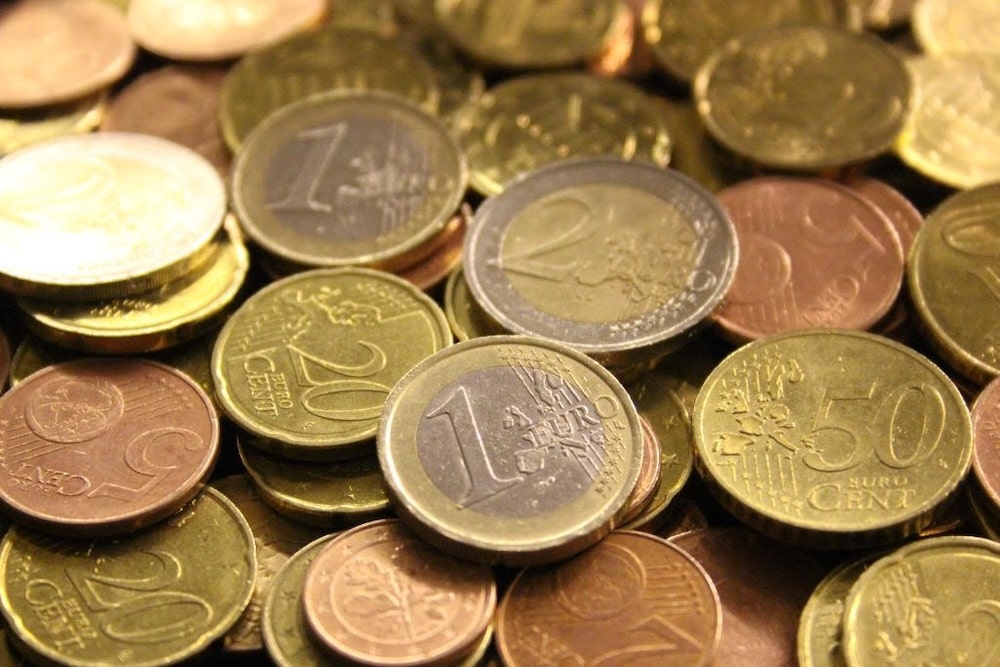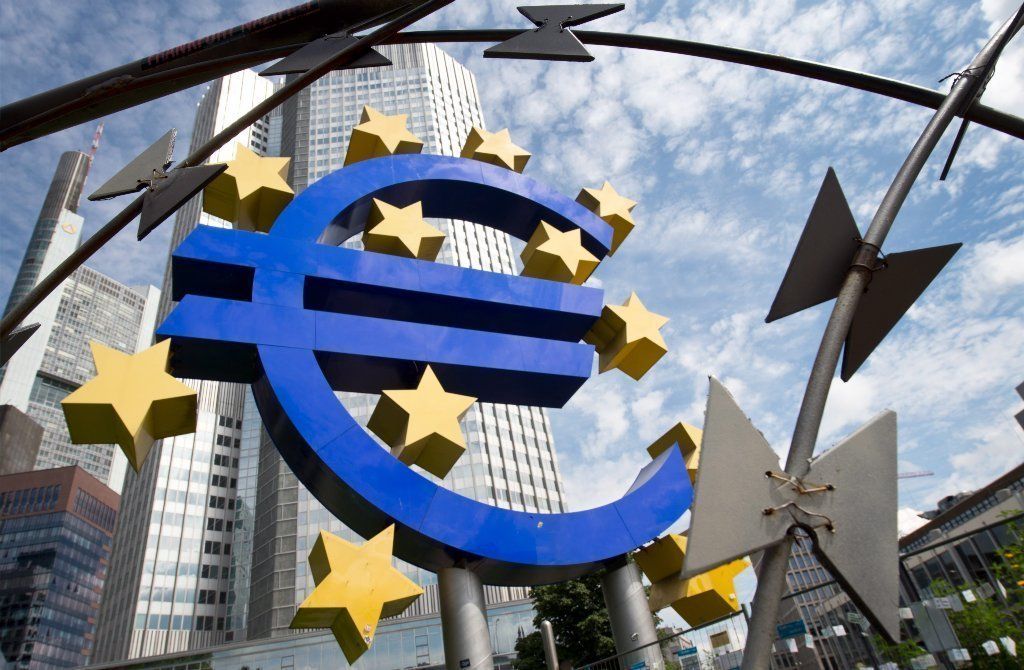The Greek economy: Can the 13-year expansion streak continue?
Gikas A. Hardouvelis
Kathimerini English Edition
2007
Abstract:
Since 1994, Greece is going through a remarkable uninterrupted 13-year
expansion, surpassing all expectations. Since 1996, it grows at rates well above the
corresponding rates in the EU-15 countries (Figure 1) and its citizens witness their
standard of living getting increasingly closer to the EU-15 average – now at 79%, but
in reality a lot closer as the new upward-revised GDP numbers will soon show. The
main culprit for this positive momentum can be traced back to the mid-1990s and
Greece’s decision to prepare for joining the Euro Area, as politicians were then forced
to put the government’s fiscal house in order and contain inflation. The subsequent
drop in nominal and real interest rates and the stable macroeconomic environment
generated a boom in investment activity, bringing investment up from 19% of GDP in
1995 to 26% in 2006. A rapid credit expansion to households also unleashed a
property and consumption boom across the country. Structural reforms and extensive
privatizations in the banking sector, the telecoms industry and other public utilities
improved private sector efficiency. Greek firms grew larger in size, became more
competitive and crossed the border, selling more aggressively to the new democracies
of the former Eastern block and establishing subsidiaries in the neighboring countries,
taking advantage of the cheap labor. The creation of independent regulatory agencies
formed a new system of checks and balances on the authority of government and of
large companies, improved transparency and brought a new level playing field into
traditional business operations and practices. At the same time, a large inflow of
immigrants from Albania and other Eastern European countries, most of them illegal,
increased the labor force by approximately 20% and satisfied the low-skill needs of an
ever expanding and service-oriented economy.









